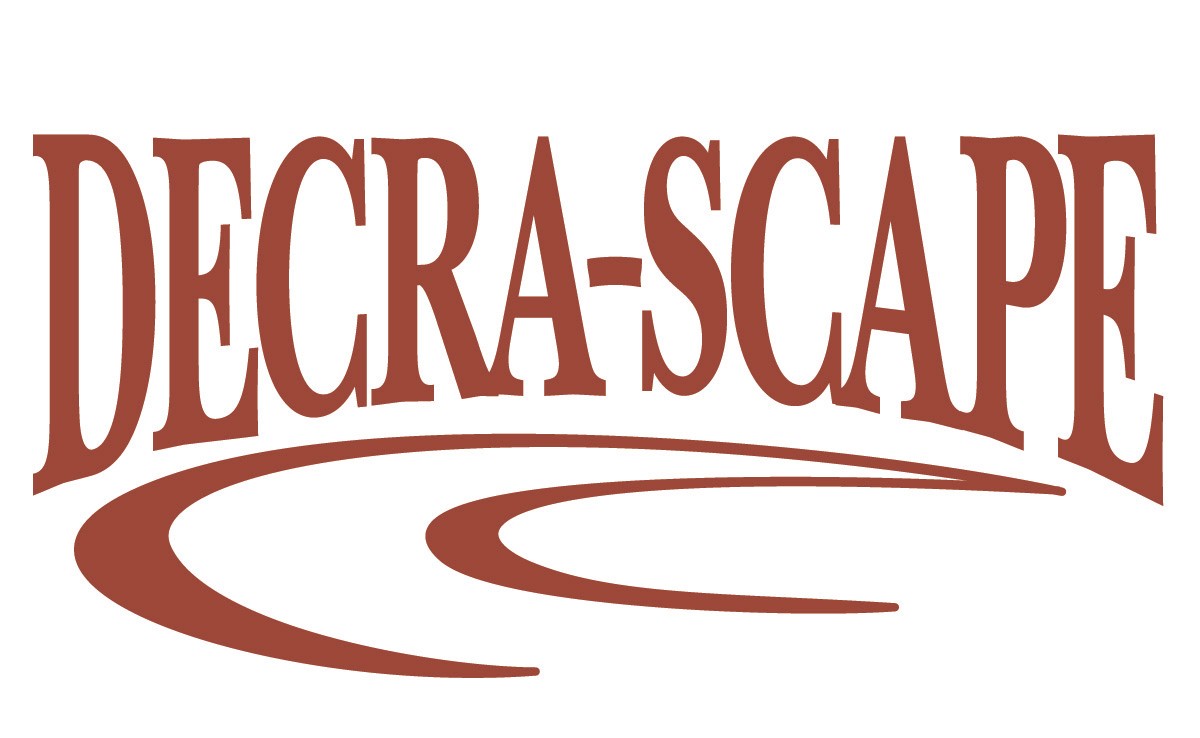Shoveling snow throughout the brutal Michigan winters can feel like an endless ordeal. Fortunately, there are several solutions that can free up any worries you have about clearing critical pathways in your landscape during the winter. Here are our top tips for creating a winter-proof driveway with concrete pavers in the Troy and Macomb, MI, areas.
The minute you get your driveway cleared, another storm comes and you have to worry about it all over again. There’s always the concern that damage can occur to your landscape, leaving you with the need for repairs and an ugly landscape in spring until the damaged structures, surfaces, or grass can be repaired or regrown.
As well, there’s the ongoing challenge of the freeze-thaw cycle, which can damage asphalt and poured concrete driveways. First, these materials are known for buckling and getting dips; then as cracks form, the damage gets worse and worse until your driveway needs patching and eventually complete resurfacing.
The answer to a longer lasting driveway, without the worry about damage to your landscaping, could be as easy as choosing the right concrete pavers and having them expertly installed. Here are some ways that concrete pavers can help:
1. Durability
First, concrete pavers are considered to be more durable than asphalt or poured concrete. We mentioned the freeze-thaw cycle. Quality concrete pavers are virtually impervious to this vicious cycle, especially when they are sealed regularly. A concrete paver surface is not solid (so it is not like asphalt or poured concrete in this way). Instead, it’s made up of individual units that can move slightly in response to fluctuating temperatures—without coming apart, buckling, or heaving.
You can also choose to have permeable pavers installed. This option allows snow melt to filter into a special substrate below the pavers, and eventually into the ground, instead of pooling. Permeable systems use slightly wider joints between pavers and in other aspects identical in appearance to non-permeable paver designs. Permeable pavers are available in a variety of beautiful styles to complement your landscape design aesthetic.
2. Style
Concrete pavers come in a variety of colors. If you don’t have kids who like to play on the driveway barefoot, you could consider darker colors that soak up the sun’s heat and help to keep your driveway free of snow (this will work only if the driveway gets good sun exposure during the winter months).
Concrete pavers are also available in many different finishes. You could choose minimally textured pavers for ease of shoveling (the experience will be much like shoveling or snow-blowing a solid surface driveway), or, if you love the look of cobblestone or brick, you could consider the option below.
3. Heated Driveway Systems
Concrete pavers are compatible with driveway heating systems that heat the driveway from below. There are two types of systems to consider: a heat-generating mat or a coil system containing antifreeze. Both can be automatically activated when sensors detect precipitation or freezing temperatures. This eliminates the worry of wondering whether you remembered to turn the system on, and conserves energy when temperatures are above freezing.
The other benefit to driveway heating systems is purely cosmetic: you won’t have those ugly piles of snow lining your driveway—snow that will eventually melt and potentially pool on the driveway’s surface (another reason to consider permeable pavers).



